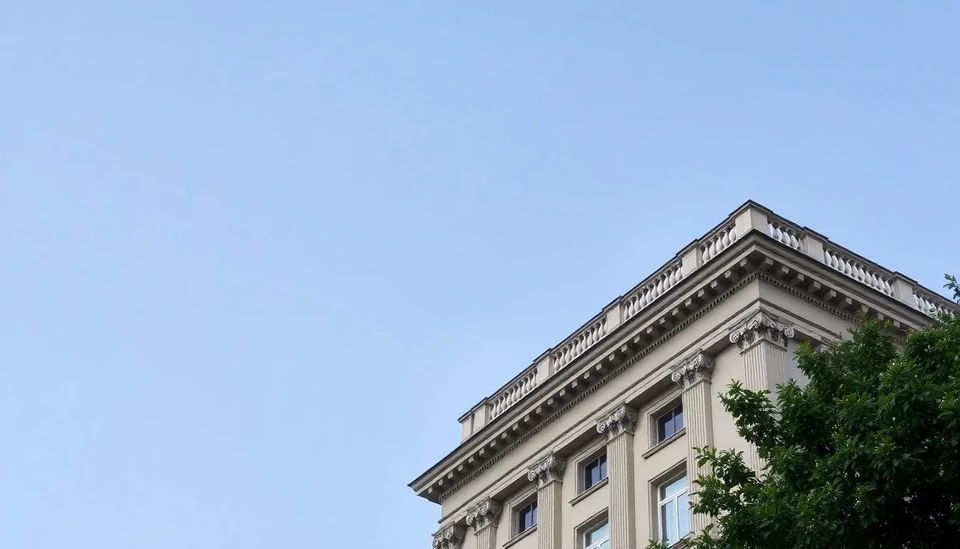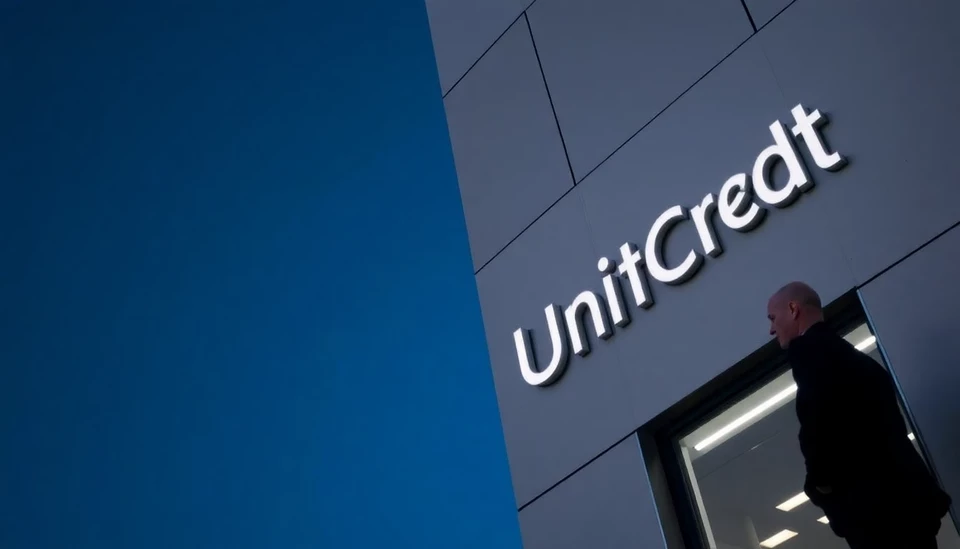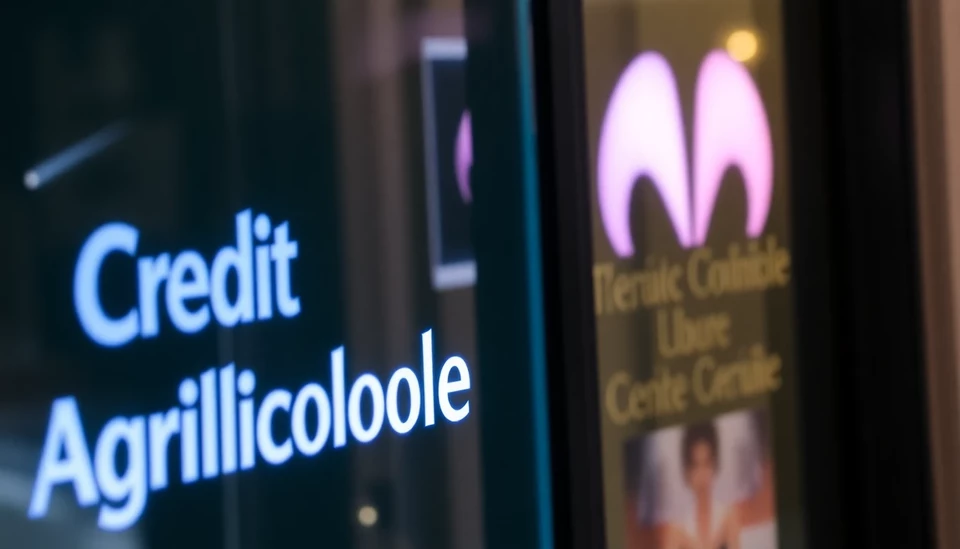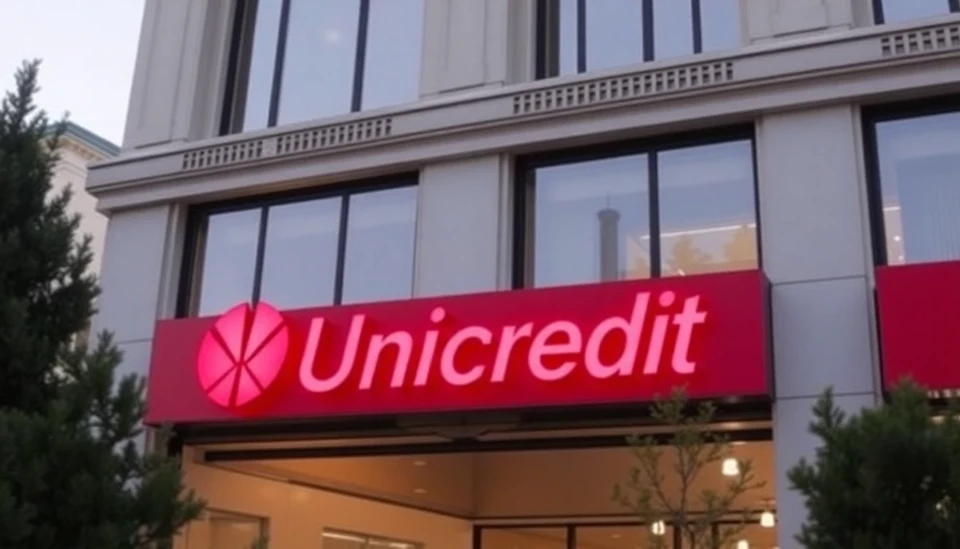
Italy's financial landscape is currently undergoing significant transformations, primarily driven by a wave of mergers and acquisitions (M&A) that is sweeping through major banks, including UniCredit and Monte dei Paschi di Siena. This surge in activity reflects not only the pressing need for consolidation among the nation’s financial institutions but also the broader European banking context as firms seek to bolster their competitive edge in an increasingly volatile market.
UniCredit, Italy’s leading bank, is at the forefront of this M&A frenzy, with strategic maneuvers aimed at enhancing its market position. Recent discussions indicate that UniCredit is exploring paths that could lead to a significant consolidation within the banking sector, particularly focusing on the troubled Monte dei Paschi di Siena, a bank with a storied past dating back to 1472 but has been grappling with financial instability in recent years. The urgency for UniCredit to act stems from a combination of factors, including regulatory pressures and the need to optimize profit margins in a low-interest-rate environment.
The backdrop of this M&A wave is the overarching trend within Europe’s financial markets, where several banks are positioning themselves to navigate the challenges posed by rising inflation and the potential for economic downturns. With investor confidence wavering, banks must innovate and increase efficiency to defend their footholds in their respective markets. This is crucial for not just growth but also for maintaining stability in an uncertain economic landscape.
Monte dei Paschi, although historically significant, has been burdened with thousands of bad loans and a massive debt load, rendering it a target for acquisition. The Italian government, which has invested substantial public funds to stabilize the bank, is keen on finding a suitable buyer that can integrate the operations effectively while ensuring the preservation of jobs and community ties. Analysts speculate that if UniCredit moves ahead with this acquisition, it could significantly streamline the banking sector and improve the outlook for distressed assets that have plagued Monte dei Paschi for years.
However, the road to a successful merger is fraught with challenges both at the operational and regulatory levels. UniCredit must navigate the intricate regulatory framework imposed by Italian banking authorities and the European Central Bank to ensure compliance and gain approval for any potential acquisition. Moreover, UniCredit will need to manage the integration of Monte dei Paschi’s workforce and technology systems, which could pose operational hurdles if not executed meticulously.
As this potential acquisition looms, regional analysts are closely monitoring the implications this consolidation could have not just for the involved parties but also for Italy’s economy at large. A successful merger could pave the way for a more robust banking environment, potentially enhancing lending capabilities and financial services across Italy. Conversely, any missteps could lead to further instability within the sector, emphasizing the fine line that banks walk between growth and risk management.
In conclusion, the ongoing M&A activities within Italy’s banking sector underscore a critical period of transformation. The future of UniCredit and Monte dei Paschi, and, by extension, the health of the Italian banking framework, will depend heavily on strategic decisions made in the coming months. Stakeholders remain cautiously optimistic, aware that any movement in this space could resonate well beyond national borders, impacting the wider European banking arena.
#UniCredit #MontePaschi #ItalyBanking #MAWave #FinancialSector #BankConsolidation #EuropeanBanking
Author: John Harris




